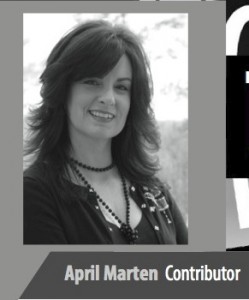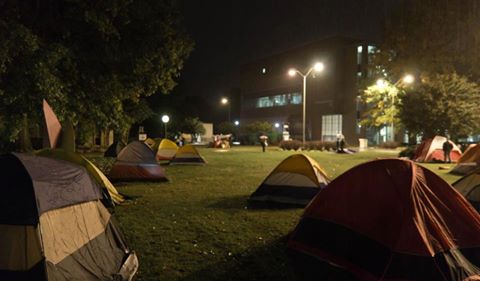
Guest Editorial by April Marten
KSU’s recent grand opening of the Zuckerman Museum of Art was dampened by a dark cloud of controversy over art censorship. President Daniel Papp ordered the removal of Ruth Stanford’s art installation, A Walk in The Valley. The art in question references the KSU owned Georgia homestead of writer Corra Harris. Harris endorsed the practice of lynching as a “necessary evil” in her editorial response, “A Southern Woman’s View” published in the Independent in 1899.
KSU released a statement that said in part, “the University administration believed the exhibit should be displayed at a later, appropriate time.” Papp reasoned that the controversial art work was not appropriate for the “celebratory” nature of the grand opening of the museum.
Back in 2009, members of the KSU art community were outraged over the acquisition of the Corra Harris land and its legacy relating to the painful racist history of the South. Papp assigned a committee to research the issue and report back to KSU administration on what to do with the land going forward. As of today, KSU still owns the land, maintaining the legacy of Corra Harris. This fact and the public dialogue that results from it is a problem for Dr. Papp.
Papp’s act of censorship met with backlash from the local arts community and beyond. The museum grand opening, attended by Governor Nathan Deal and the Zuckerman family, was picketed by protestors inside and outside the event. One exhibiting artist turned her works upside down in protest of the removal of Stanford’s work. Days after the grand opening, a petition was delivered to Papp with over 1,000 signatures, asking for an apology to the artist and for to be reinstated immediately. Stanford has the opportunity to return her work to the museum with conditions. She will ultimately decide if there is merit to reinstating the work in the coming days.
KSU students and alumni should take notice of this act of censorship as it relates to their education. Students attending a public university expect unfettered educational and cultural opportunities. Restrictions on academic freedom and artistic expression are dangerous. Note the Kennesaw State University, College of the Arts official statement: “The College of the Stanford’s Arts at Kennesaw State University supports, defends and promotes academic freedom in artistic expression, as outlined by the American Association of University Professors, and diversity of all kinds as outlined by the university’s Human Relations Position Statement.”
This statement holds no weight when a dictatorial administration runs interference on their art museum’s curatorial vision.
~ April Marten is a 2012 Graduate of the KSU School of Art and Design.
Agree? Disagree? Reply below.



the above published opinion was edited by The Sentinel which resulted in a typographical error. “College of the Stanford’s Arts” should say “College of the Arts.”